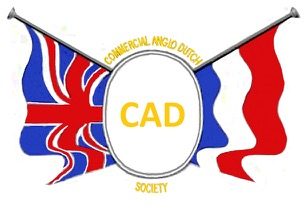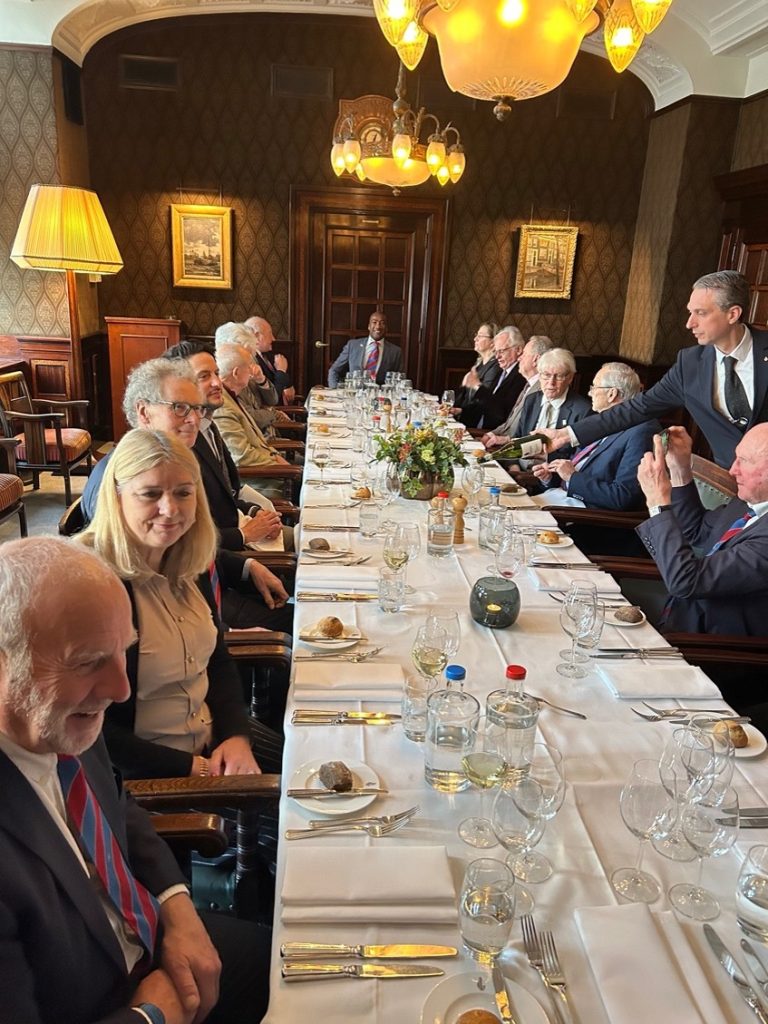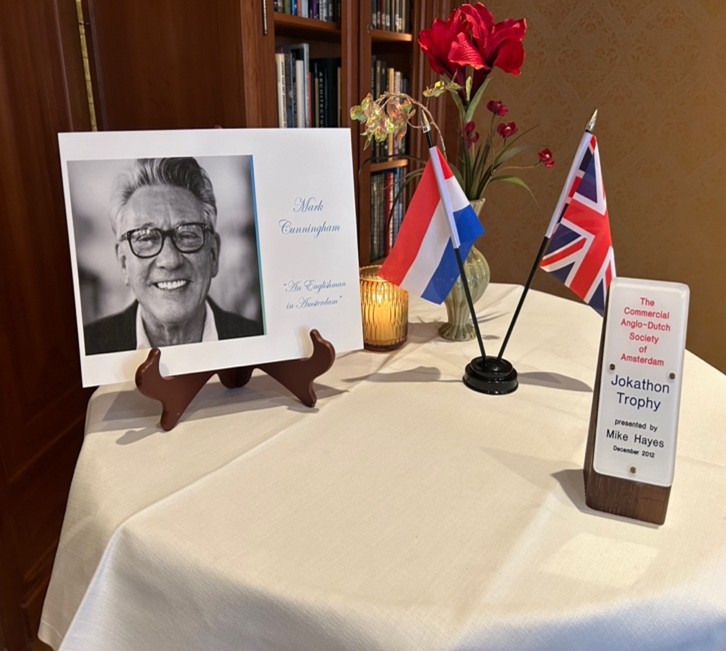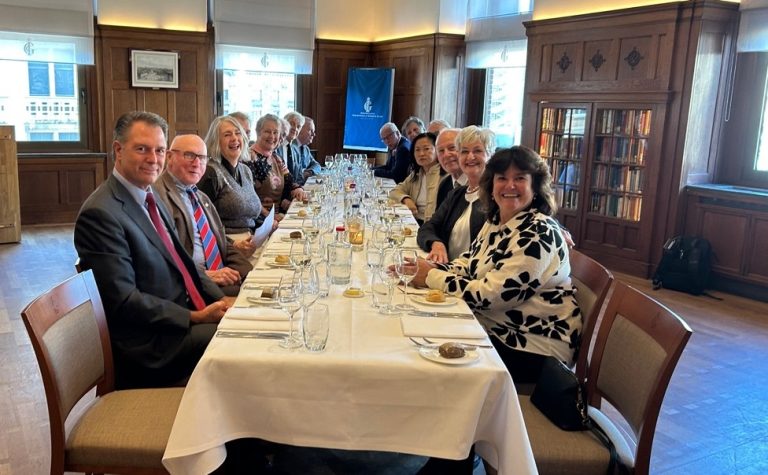Just back from the UK Embassy in The Hague, where the UK Parliamentary Select Committee for Exiting the EU chaired by Hilary Benn invited 4 expatriates to express our concerns to them. They are touring various trading partners to establish the priorities and positions of the various parties, the structure and sequence of the negotiation process, the UK government’s handling of the process, and the capacity and ability of the UK to manage the negotiation.
Representing the CADS, I endeavoured to present the feedback I have heard from you all and used the following text:
“Thank you for inviting me for interview today.
As Chairman of the Commercial Anglo-Dutch Society, a near 50 year old Society of 100 invited members of British, Commonwealth and Dutch business people in The Netherlands, I am asked to make you aware of the situation we face as business people working to improve the trading relationship between the UK and The Netherlands, securing jobs and tax revenues for Britain. As a personal example I have spent over 25 years abroad in business, promoting Great British trade and foreign direct investment. One third of that has been in Asia, and two thirds has been in Europe. I am a materials scientist, a Chartered Engineer, a Fellow of the Institute of Materials, Mining and Minerals, and owner and/or investor in various businesses in the UK and The Netherlands. I have been a UK taxpayer for 46 years, yet together with more than 2 million other overseas UK workers I was denied a vote in both the UK election and the Brexit referendum.
Since the Brexit vote, the value of our UK assets has declined by ~20% as a result of currency devaluation; UK economic growth has dropped from the highest to the lowest in Europe, and FDI from The Netherlands to the UK has fallen significantly. Together with the whole of the EU, many members are making contingency plans to remove UK parts from our supply chains, and/or building storage space to enable safety stocks to cope with the uncertainty of new Customs processes after Brexit if eliminating UK parts is not possible. For more details on this you can download the KPMG study done for the Dutch government.
The Netherlands is the UK’s 3rd largest export destination after the USA and Germany, and slightly ahead of France, with the UK exporting ~£22bn/annum of goods and ~£20bn of services, excluding invisibles. This trade accounts for ~300,000 UK jobs (assuming 1 job per £140k of exports). No one can predict the extent of the Brexit effect, but trade will certainly decline.
The Netherlands is the 2nd largest investor in the UK, after the USA and ahead of Germany, with 17% (£236bn) of the total stock of foreign direct investment in the UK, and an annual investment of ~£4bn per year. This generates a pool of another ~236,000 UK jobs (assuming 1 employee per £1m invested), and an annual increase of 4,000 new jobs. Whilst there was a spike in FDI in 2016, there is currently a lack of future investment interest in the UK pending Brexit.
As to the negotiation itself, ~650 of our brightest British trade brains remain in Brussels, where previous British governments of all parties encouraged them to work producing common market regulations to suit UK trade interests. Together with thousands of other EU trade experts with decades of experience, they sit on the other side of the table from us today. On our side we have 300 civil servants with a few years experience of international trade, and a further ~300 newly recruited with less than one year of experience. We can process ~50 dossiers per month, whilst the EU routinely processes 500.
Consequently, our position is driven by waiting for the EU to make an offer, asking for improvements to more closely suit us, then accepting a compromise. Both sides know the UK has no knowledge-based negotiating position, and that the UK side lacks detailed understanding of the economic value of each point made or conceded. However, both sides are dedicated to finding a solution that works, although the Article 32 debacle of the Transitional Arrangements gives businesses little confidence that it will work well. The final agreement will certainly disadvantage the UK.
The above facts were followed with a distillation of CADS opinion reflecting the frustration and anger of the Anglo-Dutch business community, characterising the Brexiteers as isolationist Little Englanders with no vision, who are on the verge of obtaining what they wish for; a little England, standing alone, rather than a Great Britain leading and influencing its global partners to achieve great things. I trust this did not detract from the gravity of the preceding factual description of the economic crash that is inevitable regardless of the trading model chosen by the negotiators. Whether the UK attempts to impose a Customs border, or remains within the Customs Union, or something in between, the UK has significantly reduced its ability to influence European thinking and regulation of trade in the longer term, whilst gaining little, damaging much, and risking all”.



